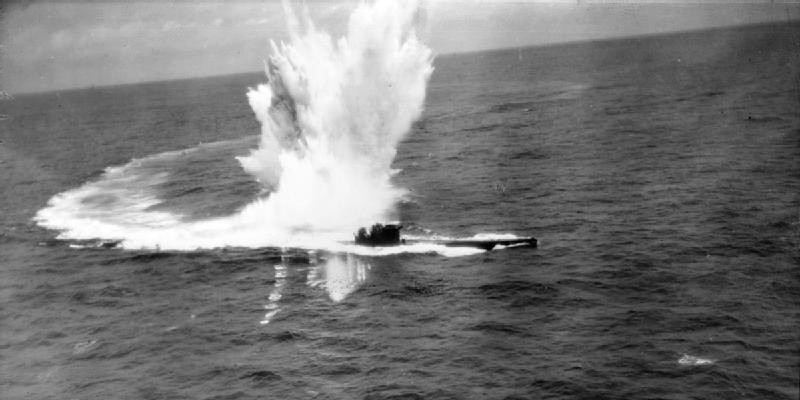Woops …
Others are reading now
By April 1945, serving aboard a German U-boat was nothing short of a death sentence.
Allied anti-submarine warfare had become brutally efficient, with radar technology and homing torpedoes leading to devastating losses.
German submarines were being sunk faster than they could be built.
Captain Karl-Adolf Schlitt, on his maiden patrol as commander, found himself in need of the onboard facilities.
Unfortunately, this routine act would trigger a disaster.
Also read
Cutting-edge toilet
Unlike Allied subs, which used basic holding tanks, German engineers had designed a high-tech flushing system that expelled waste directly into the sea—even while submerged.
Space-saving and advanced, yes—but also highly complicated and dangerous if misused.
Traditionally, a trained “flushing specialist” operated the submarine’s temperamental toilet system.
But whether out of pride or embarrassment, Schlitt attempted to handle the process himself.
One popular theory suggests his reluctance to call for help stemmed from the sheer size and smell of his contribution.
Also read
A small mistake with big consequences
After the flush failed, Schlitt eventually summoned the specialist. Tragically, the crewman opened the exterior valve while the interior one was still active.
Seawater flooded in, mixing with waste and pooling across the floor—directly above the submarine’s battery compartment.
As saltwater met the batteries, it triggered a chemical reaction that produced chlorine gas—a deadly substance once used in World War I.
The noxious fumes began spreading rapidly through the vessel, putting the entire crew at risk of suffocation.
With little choice, Captain Schlitt ordered the sub to surface, hoping to vent the gas and save his crew.
Also read
U-1206 broke through the waves roughly 16 kilometers off the Scottish coast.
Caught and attacked
It didn’t take long for British aircraft to spot the rogue U-boat. During the ensuing attack, one crewman was killed.
Schlitt made the fateful decision to scuttle the vessel and ordered everyone to abandon ship.
Three sailors drowned while attempting to reach shore. The remaining crew members were swiftly captured by Allied forces.
Though they were now prisoners of war, their ordeal under the sea was mercifully over.
Also read
U-1206 sank on April 14, 1945—just weeks before Nazi Germany collapsed.
Hitler would take his own life on April 30, and Germany surrendered on May 8.


